OneFootball
Phil Costa·5 April 2022
EXCLUSIVE: Benfica and their 'dream of winning the Champions League'
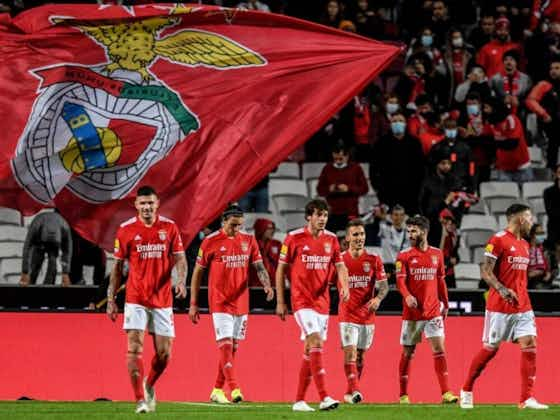
In partnership with
Yahoo sportsOneFootball
Phil Costa·5 April 2022

In a study conducted by Statista, Europe is experiencing record highs of job turnover with employees averaging just 14 months per workplace.
It was 24 months in 2000.
But Rodrigo Magalhães is approaching 17 years as technical co-ordinator of his boyhood club, Benfica, and strolls through those same doors every day as if they were his first.
“There is something instilled in every Benfica fan,” Magalhães explains with a smile on his face. “We call it mystique. You live and breathe this club, the feeling, the emotion.”

And this mystique plays a key role in how Benfica choose to operate on and off the pitch, which has helped them maintain their status as the most decorated Portuguese club ever.
“The main responsibility of a technical co-ordinator is to organise and streamline the youth development process,” he adds.
“Your focus is centred around long term development and talent maximisation, in order to produce players of a competitive, first team level – but at the same time, facilitating their personal and social development as well.
A quick glance at their record highlights the incredible work Magalhães and his team have done, to not only produce first team players from their academy but maintain silverware at senior level too.
“A lot happens behind the scenes from every department – scouts, to coaches, to psychologists, to video analysis and even our education system – it’s like a pitstop in Formula One.
“There could be 20 people around the car at one moment all working towards the same goal. One of our main secrets has been consistency.
“I’ve been here for nearly 17 years, working with people who have been here for 20 years, 15 years, 10 years. This is how you build a foundation with common ideas but also people willing to challenge each other and improve all the time.”
And success, much like charity, begins at home with players such as Bernardo Silva, Rúben Dias, João Félix, Ederson, João Cancelo and Renato Sanches all coming through the Benfica Campus in recent history.
All those mentioned won domestic titles with Benfica – Dias even captained the side – before being sold for vast sums and going on to win Premier League, Serie A and Golden Boy awards.
This conveyor belt of talent is testament to not only their talent identification process but their work once the players arrive, which is meticulously planned from the first moment.

“Even from the first stages of identifying players who are seven or eight, there are several parameters that go into this process. There are technical parameters, physical parameters, psychological and cognitive parameters.
“For example, if you saw Bernardo Silva at 10 years old, you would find an amazing kid who clearly understood the game, with great technique and decision making.
“He looked like Lionel Messi at times, but as players got older and found their growth spurts, he stagnated physically which affected his impact on the game.”
“Rúben Dias was totally different. He was quick and strong – already well developed physically for his age. But what always stood out with him was his leadership and bravery.
“This was a guy with natural authority, preparing the team talks, shouting and directing players on the pitch. When he spoke it was like a military general with everybody quiet and totally focused on him.
“This was something we identified early on.”
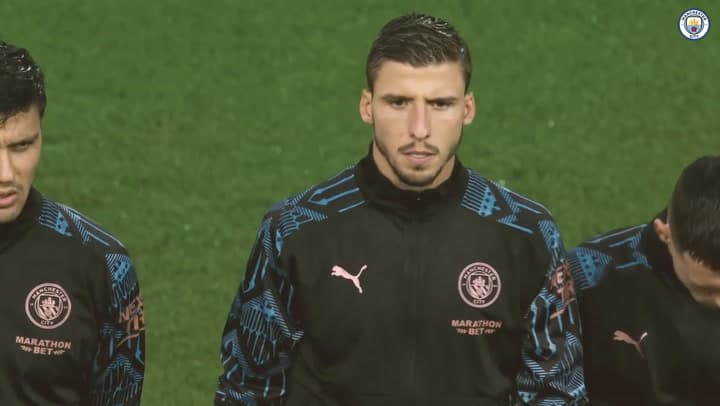
This multi-faceted approach could also apply to Renato Sanches and João Félix, who moved on to Bayern Munich and Atlético Madrid respectively for a combined €155m.
Both players exploded onto the scene and were deemed the next big things as teenagers, but struggled after leaving the home comforts of Estádio De Luz before eventually settling with time and patience.
“From the first day I remember Renato Sanches with an outstanding physical condition, whereas João Félix was more similar to Bernardo – technically gifted but we had to wait for him.
“Everybody develops in a different speed. At Benfica we don’t just assess players in their human ages. We have a test that determines players between their chronological age [true age] and biological age [physical and mental age].
“Things change quickly during your teenage years and that involves every aspect of life, not just your physical condition. Bernardo stagnated physically but came strong again around 18 or 19 years old. Rúben Dias also improved technically because you also need this side to your game – you cannot just be a leader.”
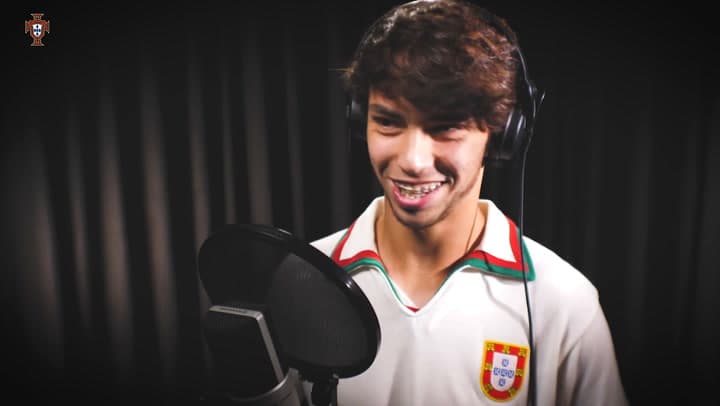
But despite the sizeable transfer fees and sense of pride at seeing their young fledglings succeed elsewhere, Magalhães admits there will always be regrets that their success wasn’t lengthened in Lisbon.
“Of course, it’s not easy for us. We are proud to see our players at the highest level winning domestic titles, European titles and there is never any bad feeling. When a player leaves we only wish them well.
“But it’s difficult because here at Benfica we have a dream. I have a personal dream. The supporters have the same dream and that’s to win the Champions League. We understand our position in football and when clubs are offering big transfer fees you have to think with your head and not your heart.
“I truly believe it’s possible to build an impressive team capable of winning the Champions League. We have another opportunity to do it this season and nobody expected us to beat Ajax … but we are again here in the final eight.”
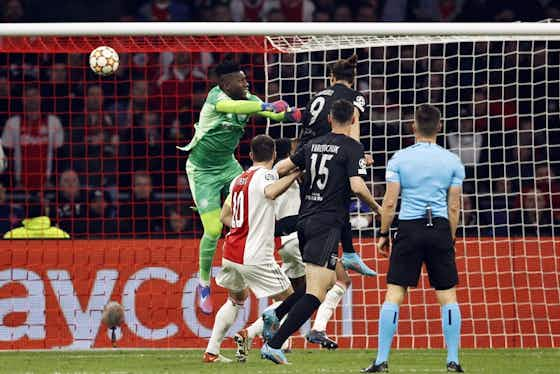
And in a week where Bayern Munich paid €300,000 for 13-year-old Mike Wisdom from Borussia Mönchengladbach, Magalhães insists young players who are subjected to early moves could face struggles in their development.
“I think this trend is potentially very damaging. If you take a young boy, who is 12 or 13 years old, his character and personality depend heavily on his environment.
“Each country has different characteristics and even regions within the countries are totally different. The attitudes are totally different from the north to the south of Portugal.
“Young teenagers moving for thousands of euros can really disrupt them because they lose their references in key moments – that could be friends, education, routine.
“Due to my position, some will consider me biased but moving your whole life at that age brings pressure and expectation that can be disruptive.”
Regrets? Not many; the Benfica man prefers to live with his glass half full but he remembers missing out on one special talent who stood out from minute one.
“Alexandre Pato. I remember watching him after he just signed for Milan and this boy was magic. We see a lot of players in these tournaments but he was an obvious star.”
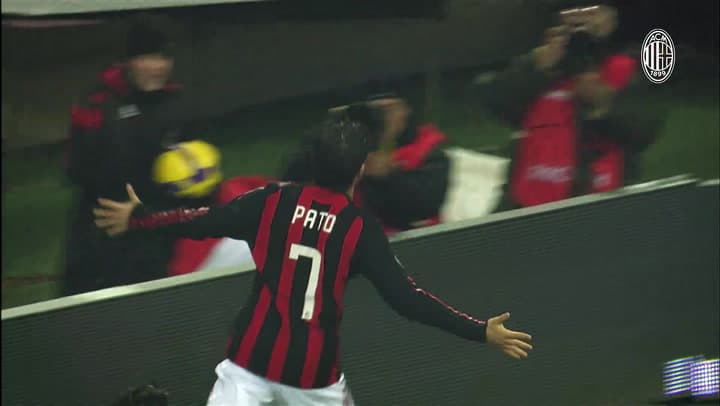
It’s difficult to talk about Benfica without referencing the past, after all this is a club with great history, elite homegrown talent and a sizeable trophy cabinet.
But giants can only sleep for so long.
And with their sights firmly set on European glory for the first time in 60 years, it’s time for the Eagles to dream again.






























































